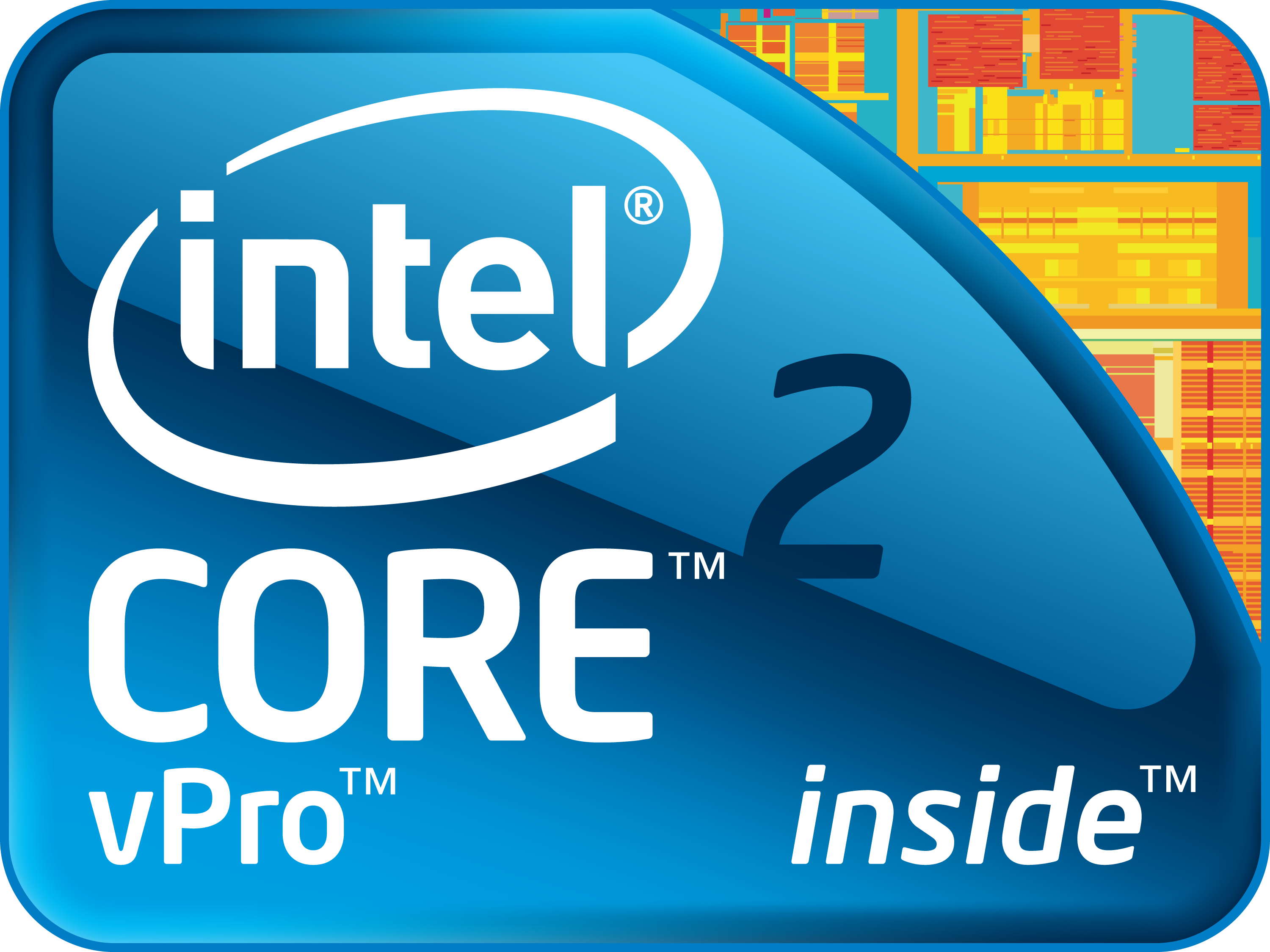Recap of Intel's vPro Live Chat
Intel yesterday held the first of two live chats aimed at educating members of its community on vPro as well as its Xeon processor. The company invited users to take part and pose questions and ask experts all about Core 2 processors and vPro technology.
Unfortunately Intel had the chat scheduled for 10 a.m. PST; not exactly convenient for those of us who have full time jobs and couldn't actually afford to take time out to go along and listen in. Fortunately, we sent along some folk who were more than happy to sit in and take down the important bits. Our intrepid explorer (otherwise known as Barry Gerber, editorial director) came back with the top five things you need to know about Intel's vPro technology.
If you're in IT and considering vPro, some of the questions you may have are answered below!
What is vPro?
Intel vPro is a combination of processor technologies -- including monitoring, maintenance, and management -- that operate independently of the state of the operating system (OS) or power state of the PC.
What are the advantages of vPro?
Because the Intel vPro security technologies are designed into system hardware instead of software, they are less vulnerable to hackers, computer viruses, computer worms, and other threats that typically affect an OS or software applications installed at the OS level (such as virus scan, antispyware, inventory, and other security or management applications).
How can vPro improve security?
Get Tom's Hardware's best news and in-depth reviews, straight to your inbox.
Intel vPro technology improves security for Wake On LAN. For example, Intel vPro uses TLS encryption to secure an out-of-band communication tunnel to an AMT-based PC for remote management commands such as WOL. Because the encrypted communication is out-of-band, the PC’s hardware and firmware receive the magic packet before network traffic reaches the software stack for the operating system (OS). Since the encrypted communication occurs “below” the OS level, it is less vulnerable to attacks by viruses, worms, and other threats that typically target the OS level.
How cost effective is vPro?
vPro can help organizations save money because it helps IT to remotely diagnose and repair PCs, even if the PC cannot boot into Windows. This helps eliminate desk-side visits. In addition, by being able to power down PCs at night (yet still power them up when necessary for patching), an organization can save yet more money on the power bill.
What happens if a laptop is lost or stolen?
A new technology that is available in select laptops with Intel vPro technology is called Intel Anti-Theft Technology - a technology that enables you to disable a laptop or the data when the laptop is lost or stolen.

Jane McEntegart is a writer, editor, and marketing communications professional with 17 years of experience in the technology industry. She has written about a wide range of technology topics, including smartphones, tablets, and game consoles. Her articles have been published in Tom's Guide, Tom's Hardware, MobileSyrup, and Edge Up.
-
jachin1959 check out: http://software.intel.com/en-us/blogs/2009/10/18/intel-kvm-this-is-your-sol-on-steroids/Reply
and
http://www.youtube.com/watch?v=RReVh_shSPc
